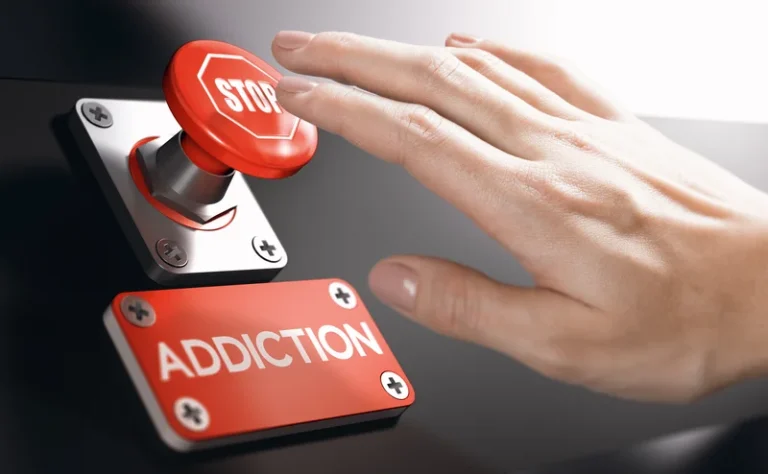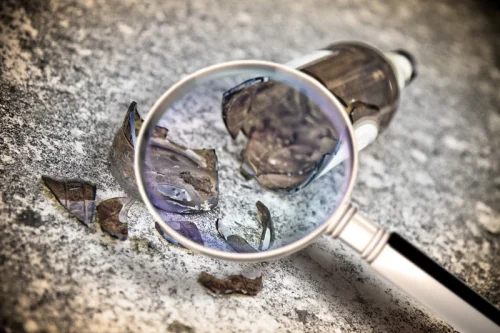
These symptoms peak within 72 hours, but people with serious alcohol withdrawal symptoms should work with a healthcare provider as the experience can be fatal. Alcohol and heavy drinking can cause long-term, negative impacts on the brain, including poor memory and slower reflexes. what happens when you stop drinking alcohol Over time, the brain can actually get used to the effects of alcohol, causing it to work harder and cause unpleasant or even dangerous withdrawal symptoms like tremors and heart palpitations. Lots of people with alcohol use disorder need professional help to quit drinking.
Your Liver Function Will Begin To Improve
Severe alcohol-induced hormone dysregulations can sometimes cause serious issues like reproductive deficits, thyroid problems, and behavioral disorders over time. Here are some science-backed https://ecosoberhouse.com/ perks of taking a break from alcohol. If you’re having difficulty sticking to your goal or just want some extra guidance, consider reaching out for professional support.
Week Three Benefits

Salicylic Acid is a BHA (Beta Hydroxy Acid) which controls sebum production and helps prevent breakouts. It also controls non-inflammatory acne, so this is your go-to post-party to keep pesky spots at bay. When faced with a complexion that’s more Casper the ghost than Cameron Diaz, it’s tempting to reach for an exfoliator, yet being overzealous with peels or scrubs can cause pH levels to plunge further. It’s the oldest trick in the book and probably the most effective one, too.
Healthier Liver Function

Talk to your doctor or a drug treatment specialist about what to expect as you experience alcohol withdrawal. Identify a family member or friend who you can call on to provide emotional support. Many use alcohol to reduce stress and promote relaxation, but chronic alcohol use increases levels of the stress hormone cortisol. “Sometimes people drink alcohol to help them relax or navigate social anxiety, only to find it makes things worse,” says McMahon. Alcohol is linked with several types of cancer, including mouth, throat, voice box, esophagus, liver, colon and rectum, and breast cancer in females.
- Over time, this can turn into a detrimental cycle of drinking, feeling anxious, and then drinking more to reinstate a feeling of calm.
- This is where the central nervous system becomes so reliant on the depressive effects of alcohol that, when a patient stops drinking, their brain stays in a “hyperactive” state.
Physical Benefits of Quitting Alcohol
You may also begin to notice a number of improvements in your physical health. You’ll have more energy and stamina, and you may notice that your skin looks healthier. “There are people who have learned to practice very reasonable alcohol consumption that contributes to psychosocial well-being in a way that does not impair their health,” Kumar noted. For anyone concerned about heart health, Dasgupta recommended decreasing alcohol intake and increasing physical activity, which also raises good cholesterol.
- By avoiding alcohol, you’re taking a big step toward improving physical health.
- That’s why it’s common for people who use alcohol to be malnourished.
After you drink alcohol, Volpicelli explains that the small molecules inside it get absorbed by your gut. From there, they travel to other parts of your body and affect organ systems, including the cardiovascular, immune, and nervous systems, along the way. For people at low risk of complications, an office visit to your primary care provider, along with at-home monitoring and virtual office visits, may suffice. People at high risk of complications should enter a short-term in-patient detox program. There is no exact timeline for alcohol withdrawal, and individual factors, such as the level of dependence on alcohol, will influence it.

The main ways to prevent alcohol withdrawal are to avoid alcohol altogether or to get professional help as soon as possible if you think you’re developing alcohol use disorder. Symptoms of alcohol withdrawal tend to peak 24 to 72 hours after your last drink. ‘It’s important to note that individual experiences may vary, and the extent of improvement can depend on factors like genetics, overall health, and skincare habits and routines. However, quitting alcohol can have a positive impact on your skin’s appearance and health, contributing to a fresher and more youthful look,’ adds Xu. By this time, it’s likely you’ve seen a few of the people closest to you (friends, family, coworkers).

Alcohol withdrawal symptoms
It is worth mentioning that nutritional status improvement occurs when someone strop drinking, which is one big reason why people may see many of the above improvements with sobriety. However, when you stop drinking, your liver will begin to repair itself and the damage will start to reverse. Fortunately, reducing your alcohol use can help improve your sleep over time, although you might experience more sleep disturbances for some time after you quit.
Your Skin May Improve

It takes a large amount of alcohol for this to occur and once it does, a person could live years normally before the liver stops functioning correctly. Then, the liver will become more and more abnormal, unless you stop drinking completely. In my opinion, abnormal liver function is a sign to stop drinking completely, immediately. For example, damaging your liver is like scratching the back of your hand with your nail constantly until you break the skin. You can drink for years and years until eventually your liver starts to become inflamed, without any pain, which silently proceeds to fatty liver disease and then to cirrhosis. Even if you don’t drink a lot, the end of an alcohol-free month is a good time to reflect on your relationship with alcohol.
Improved Liver Health
If you drink in excess, cutting out alcohol for a period of time can help your liver, heart, and body composition. If you need a break from alcohol, going alcohol-free for a month or more can bring about many physical and mental health benefits. There has been some research conducted on how abstaining from alcohol detoxifies your liver over time.